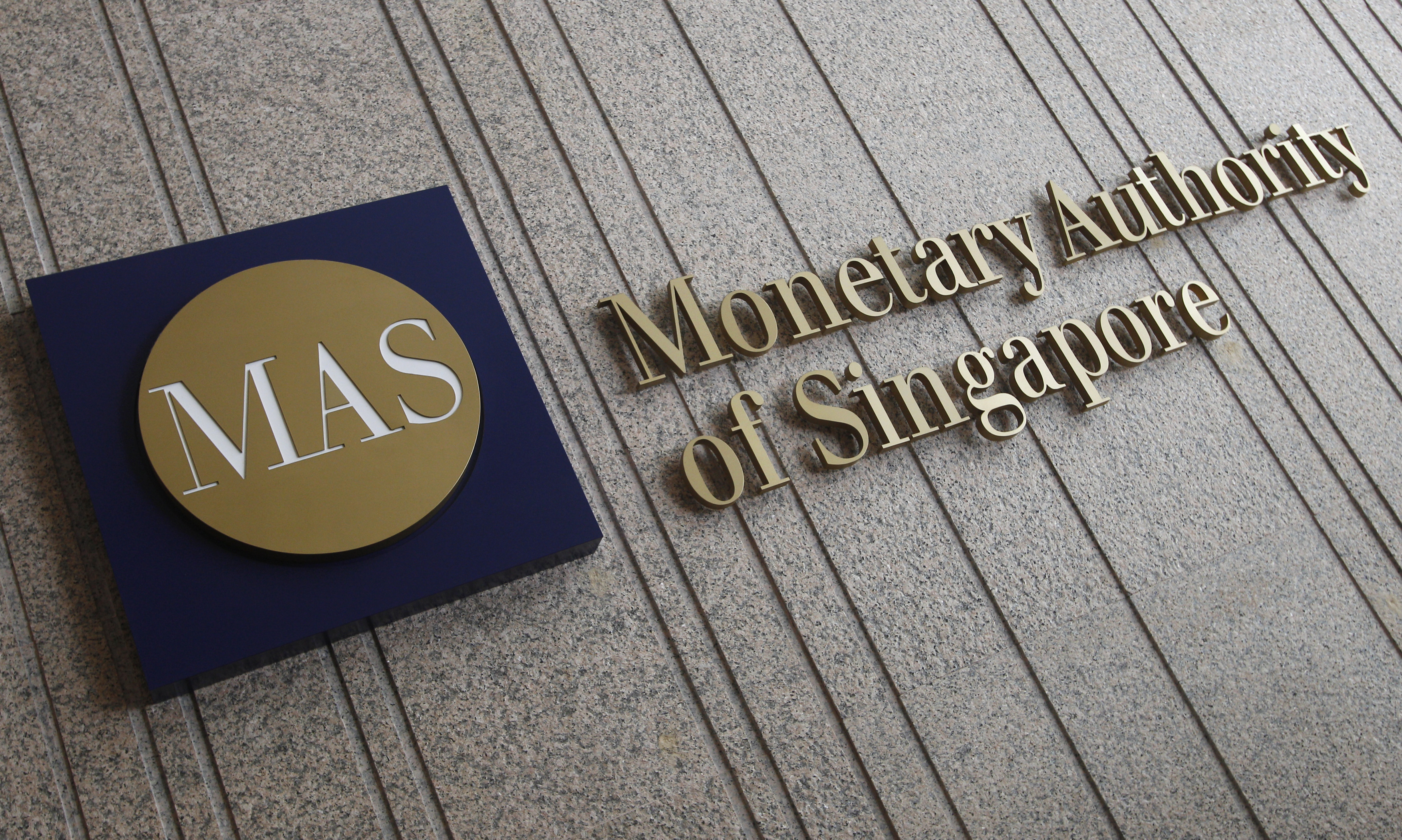This article discusses the growing use of cryptocurrencies to fund terrorism in Singapore, highlighting government reports and the implications for the crypto market.
Points
- Rising use of cryptocurrencies for terrorism financing in Singapore.
- Government reports and measures to combat this trend.
- Impact on crypto adoption and regulatory environment.
- Growth in crypto ownership among Singaporeans.
Increasing Use of Cryptocurrencies for Terrorism Financing
Government Reports
Singapore’s Ministry of Home Affairs (MHA) recently reported a troubling trend: an increase in the use of cryptocurrencies to fund terrorism. While traditional cash and informal systems still dominate, cryptocurrencies are becoming a significant issue.
“Although there is increasing use of cryptocurrencies, the predominant means for financial transactions by ISIS and its affiliates remain cash couriers and informal value transfer systems (hawala),” stated the MHA.
Crypto Ownership in Singapore
Crypto ownership in Singapore is on the rise, with people across different ages and income levels getting involved. Surveys show a significant number of Singaporeans now own some form of cryptocurrency, with young adults aged 18-34 being the most active group.

Factors Driving Crypto Adoption
Several factors contribute to the growing appeal of cryptocurrencies in Singapore:
– Government Support: Clear regulations provided by the Monetary Authority of Singapore (MAS) have fostered a supportive environment for crypto adoption.
– Blockchain Awareness: Increasing awareness of blockchain technology’s potential has boosted its adoption.
– Investment and Trading: Cryptocurrencies are commonly used for investment and trading purposes.
– Cross-Border Remittances: Cryptocurrencies have simplified and reduced the cost of cross-border remittances.
– Everyday Purchases: Some Singaporeans use cryptocurrencies for daily transactions and services.
– DeFi Platforms: Decentralized finance (DeFi) platforms offer opportunities to earn interest on crypto, borrow money, and more, without traditional banks.
Legal and Regulatory Concerns
Anti-Money Laundering Measures
The Anti-Money Laundering Act (AMLA) applies almost always to stablecoins, intended as payment methods. FINMA classifies stablecoin transactions as banking deposits or collective investment schemes based on asset management.
FATF Findings
The Financial Action Task Force (FATF) identified risks associated with stablecoins in 2020, including money laundering and terrorist financing. These risks include anonymous transfers, global reach, and suitability for layering in money laundering.

Verification Requirements
Stablecoin issuers are financial intermediaries under AML laws and must verify the identity of holders and beneficial owners. This requirement ensures compliance and reduces the risk of misuse for illicit activities.
Banking Law Implications
Internationally, stablecoin issuers are expected to be under appropriate national supervision. In Switzerland, some stablecoin issuers use bank guarantees to bypass licensing requirements but still need to comply with regulatory standards.
Risks and Protections
Stablecoin issuers and banks providing guarantees face risks. To protect depositors, FINMA has set minimum requirements for default guarantees, ensuring customer claims are covered and access to guarantees is straightforward.
Future Outlook
Increasing Crypto Adoption
Despite regulatory challenges, crypto adoption in Singapore is expected to grow. The government’s support and clear regulations will likely drive further adoption.
Impact on Financial Institutions
Financial institutions must adapt to the rising use of cryptocurrencies, ensuring compliance with AML and other regulatory requirements to mitigate risks associated with terrorism financing.
